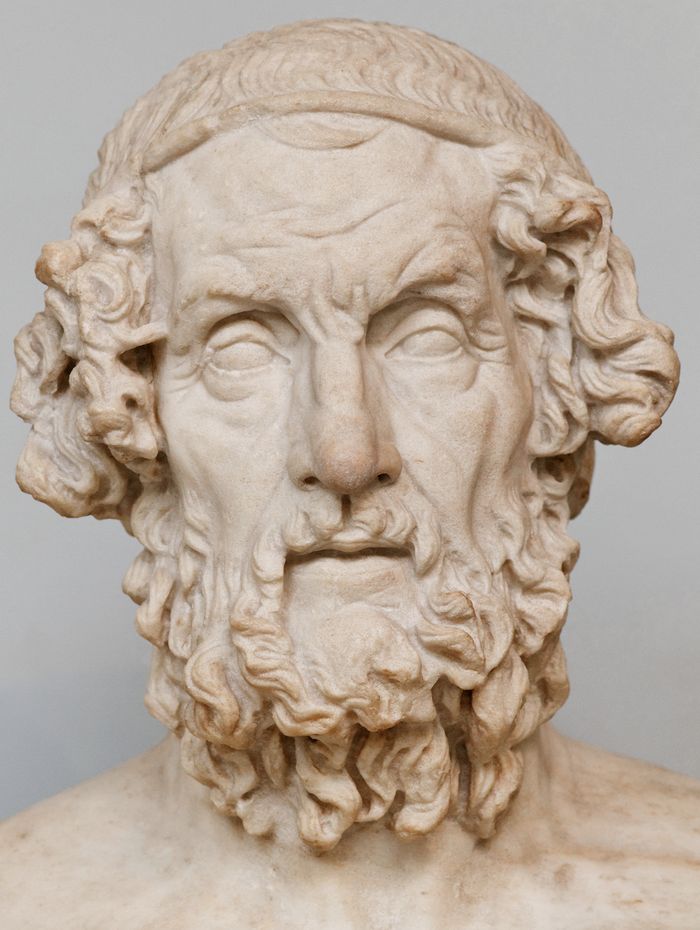Some he accused of polytheism, others of heresy against the orthodox Christian faith; some of pederasty, others of love affairs with nuns, or other unlawful intercourse; some of starting sedition, or of favoring the Greens, or treason against himself, or anything else; or he made himself the arbitrary heir of the dead and even of the living, when he could.
Such were the subtleties of his actions. And how he profited from the insurrection against himself which is called Nika, making himself heir to the Senators, I have already shown; and how, some time before the sedition broke out, he privately robbed each man of his estate.
To all the barbarians, on every occasion, he gave great sums: to those of the East and those of the West ‘ to the North and to the South, as far as Britain, and over all the inhabited earth; so that nations whose very names we had never heard of, we now learned to know, seeing their ambassadors for the first time.
For when they learned of this man’s folly, they came to him and Constantinople in floods from the whole world. And he with no hesitation, but overjoyed at this, and thinking it good luck to drain the Romans of their prosperity and fling it to barbarian men or to the waves of the sea, daily sent each one home with his arms full of presents.
Thus all the barbarians became masters of all the wealth of the Romans, either being presented with it by the Emperor, or by ravaging the Roman Empire, selling their prisoners for ransom, and bartering for truces. And the prophecy of the dream I mentioned above, came to pass in this visible reality.
20. Debasing of the quaestorship
He also had contrived other ways of plundering his subjects (which I will now describe as well as I can) by which he robbed them, not all at once, but little by little of their entire fortunes. First he appointed a new municipal magistrate, with the power to license shopkeepers to sell their wares at whatever prices they desired: for which privilege they paid an annual tax.
Accordingly, people buying their provisions in these shops had to pay three times what the stuff was worth, and complainants had no redress, though great harm was thus done; for the magistrates saw to it that the imperial tax was fattened accordingly, which was to their advantage. Thus the government officials shared in this disgraceful business, while the shopkeepers, empowered to act illegally, cheated unbearably those who had to buy from them, not only by raising their prices many times over, as I have said, but by defrauding customers in other unheard-of ways.
Read More about Supply and Demand part 8








